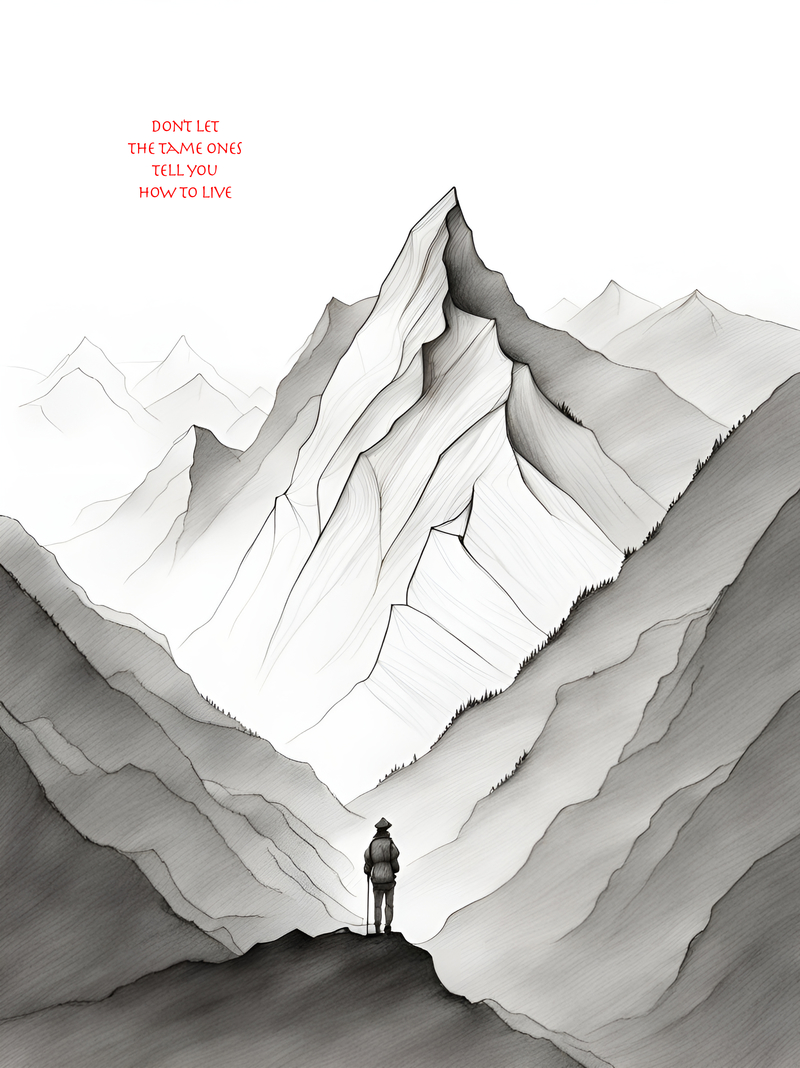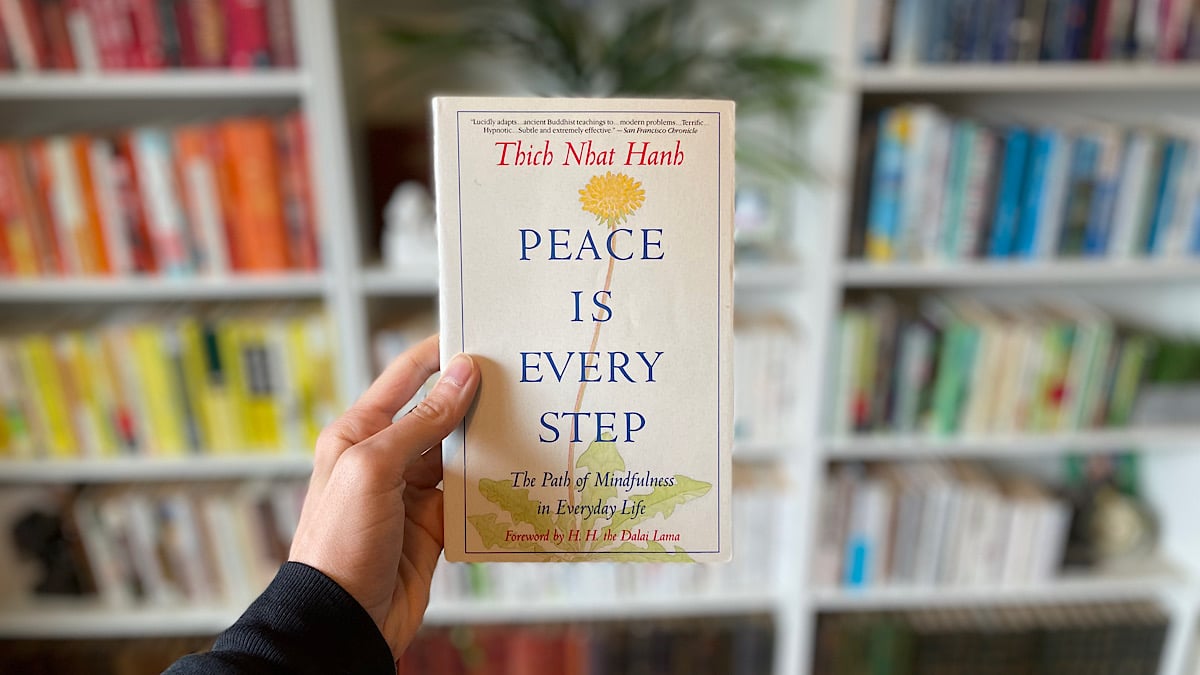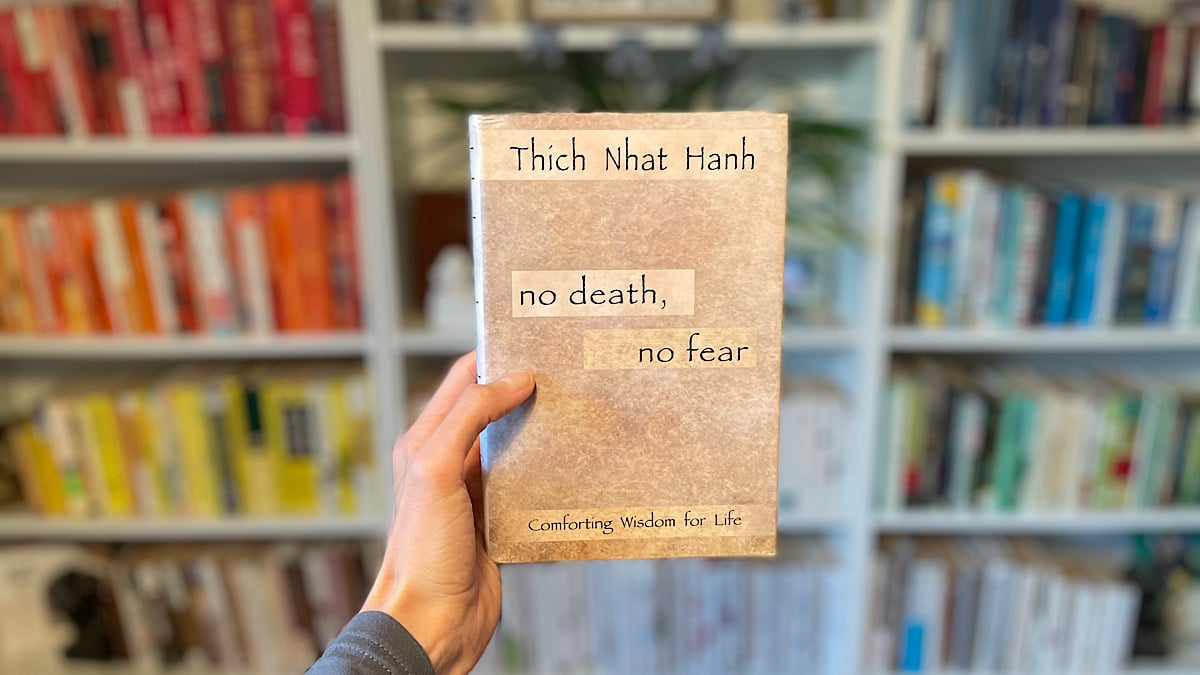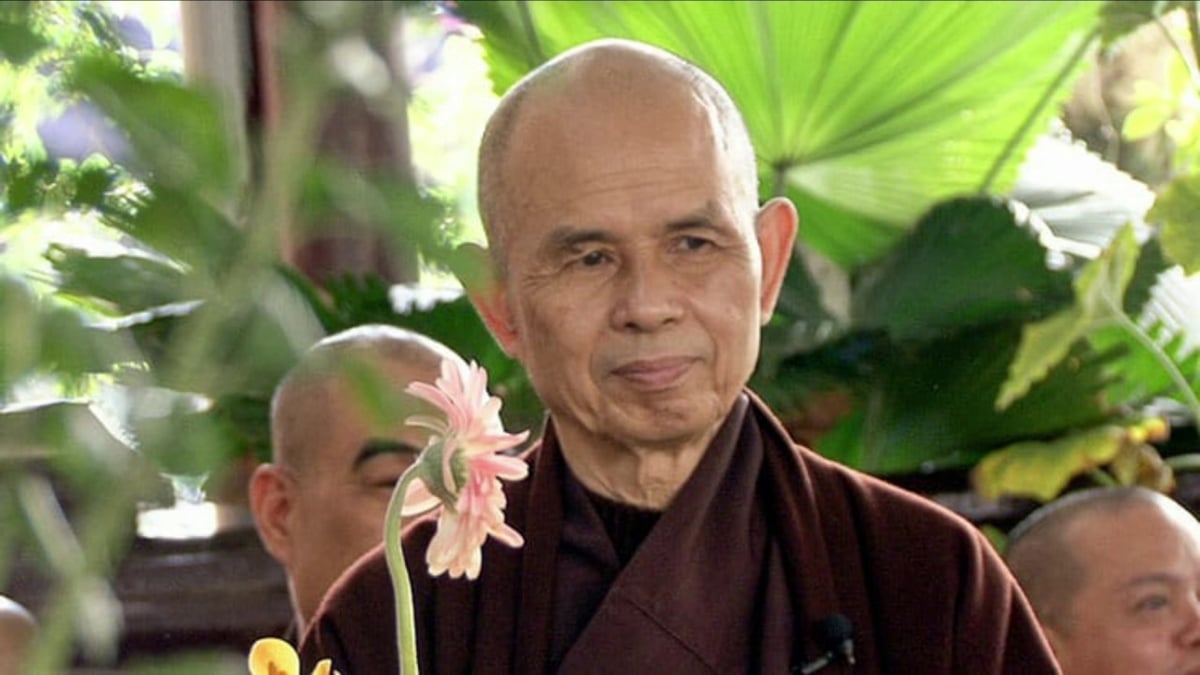Excerpt: Learning how to handle anger is a crucial skill for managing relationships with yourself and others. Thich Nhat Hanh can help…
Enter Thich Nhat Hanh:
Anger is an unpleasant feeling. It is like a blazing flame that burns up our self-control and causes us to say and do things that we regret later. When someone is angry, we can see clearly that he or she is abiding in hell. Anger and hatred are the materials from which hell is made. A mind without anger is cool, fresh, and sane. The absence of anger is the basis of real happiness, the basis of love and compassion.
When our anger is placed under the lamp of mindfulness, it immediately begins to lose some of its destructive nature. We can say to ourselves, “Breathing in, I know that anger is in me. Breathing out, I know that I am my anger.” If we follow our breathing closely while we identify and mindfully observe our anger, it can no longer monopolize our consciousness.
Awareness can be called upon to be a companion for our anger. Our awareness of our anger does not suppress it or drive it out. It just looks after it. This is a very important principle. Mindfulness is not a judge. It is more like an older sister looking after and comforting her younger sister in an affectionate and caring way. We can concentrate on our breathing in order to maintain this mindfulness and know ourselves fully.
When we are angry, we are not usually inclined to return to ourselves. We want to think about the person who is making us angry, to think about his hateful aspects—his rudeness dishonesty, cruelty, maliciousness, and so on. The more we think about him, listen to him, or look at him, the more our anger flares. His dishonesty and hatefulness may be real, imaginary, or exaggerated, but, in fact, the root of the problem is the anger itself, and we have to come back and look first of all inside ourselves.
NEW In The Shop: Don’t Let The Tame Ones Tell You How To Live [Poster]
Why We ♥ It: Some of the best advice I (Matt here) ever got was: don’t take life advice from people who aren’t living a life you want to live and don’t take criticism from people you wouldn’t go to for advice. I created this poster to act as a reminder to listen more closely to our role models and less closely to our critics, trolls, and tamed-comfort-zone-hugger acquaintances. It’s also a perfect gift for the outdoor adventurer, travel enthusiast, or solo explorer (or soon to be). Available in print or digital download. 👇🏼
...Want to advertise your book, product, or service? Send inquiries to matt@movemequotes.com.
It is best if we do not listen to or look at the person whom we consider to be the cause of our anger. Like a fireman, we have to pour water on the blaze first and not waste time looking for the one who set the house on fire. “Breathing in, I know that I am angry. Breathing out, I know that I must put all my energy into caring for my anger.” So we avoid thinking about the other person, and we refrain from doing or saying anything as long as our anger persists. If we put all our mind into observing our anger, we will avoid doing any damage that we may regret later.
When we are angry, our anger is our very self. To suppress or chase it away is to suppress or chase away our self. When we are joyful, we are the joy. When we are angry, we are the anger. When anger is born in us, we can be aware that anger is an energy in us, and we can accept that energy in order to transform it into another kind of energy.
When we have a compost bin filled with organic material which is decomposing and smelly, we know that we can transform the waste into beautiful flowers. At first, we may see the compost and the flowers as opposite, but when we look deeply, we see that the flowers already exist in the compost, and the compost already exists in the flowers. It only takes a couple of weeks for a flower to decompose. When a good organic gardener looks into her compost, she can see that, and she does not feel sad or disgusted. Instead, she values the rotting material and does not discriminate against it. It takes only a few months for compost to give birth to flowers.
We need the insight and non-dual vision of the organic gardener with regard to our anger. We need to be afraid of it or reject it. We know that anger can be a kind of compost, and that it is within its power to give birth to something beautiful. We need anger in the way the organic gardener needs compost. If we know how to accept our anger, we already have some peace and joy. Gradually we can transform anger completely into peace, love, and understanding.
If you enjoyed this excerpt from Peace is Every Step you should consider reading Thich Nhat Hanh’s book in full. It comes highly recommended.

By: Thich Nhat Hanh
Book Overview: In the rush of modern life, we tend to lose touch with the peace that is available in each moment. World-renowned Zen master, spiritual leader, and author Thich Nhat Hanh shows us how to make positive use of the very situations that usually pressure and antagonize us. For him a ringing telephone can be a signal to call us back to our true selves. Dirty dishes, red lights, and traffic jams are spiritual friends on the path to “mindfulness”—the process of keeping our consciousness alive to our present experience and reality. The most profound satisfactions, the deepest feelings of joy and completeness lie as close at hand as our next aware breath and the smile we can form right now.
20 Quotes from Book! Buy from Amazon!Read Next:
NEW In The Shop: Don’t Let The Tame Ones Tell You How To Live [Poster]
Why We ♥ It: Some of the best advice I (Matt here) ever got was: don’t take life advice from people who aren’t living a life you want to live and don’t take criticism from people you wouldn’t go to for advice. I created this poster to act as a reminder to listen more closely to our role models and less closely to our critics, trolls, and tamed-comfort-zone-hugger acquaintances. It’s also a perfect gift for the outdoor adventurer, travel enthusiast, or solo explorer (or soon to be). Available in print or digital download. 👇🏼
...Want to advertise your book, product, or service? Send inquiries to matt@movemequotes.com.

Written by Matt Hogan
Founder of MoveMe Quotes. On a mission to help busy people do inner work—for better mental health; for healing; for personal growth. Find me on Twitter / IG / Medium. I also share daily insights here. 🌱
It has taken me 1,000’s of hours to build this free library for you. If it has helped you, you can support my continued effort here. ☕️
![How to Handle Anger - A Mindfulness Exercise from Thich Nhat Hanh [Excerpt]](https://movemequotes.com/wp-content/uploads/2017/01/IMG_0273-930x620.jpg)





![Pillow Punching – Good or Bad for Anger Management? [Excerpt]](https://movemequotes.com/wp-content/uploads/2017/02/IMG_0380.jpg)